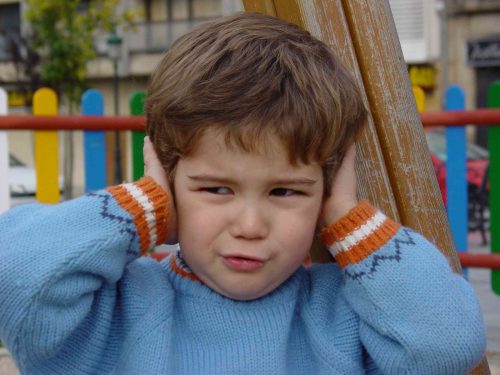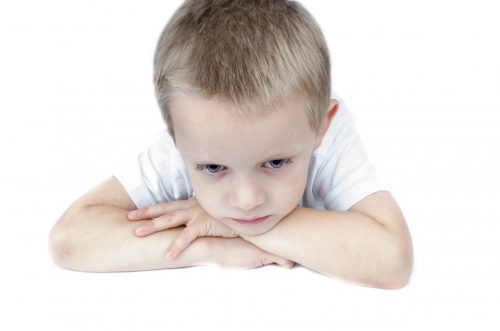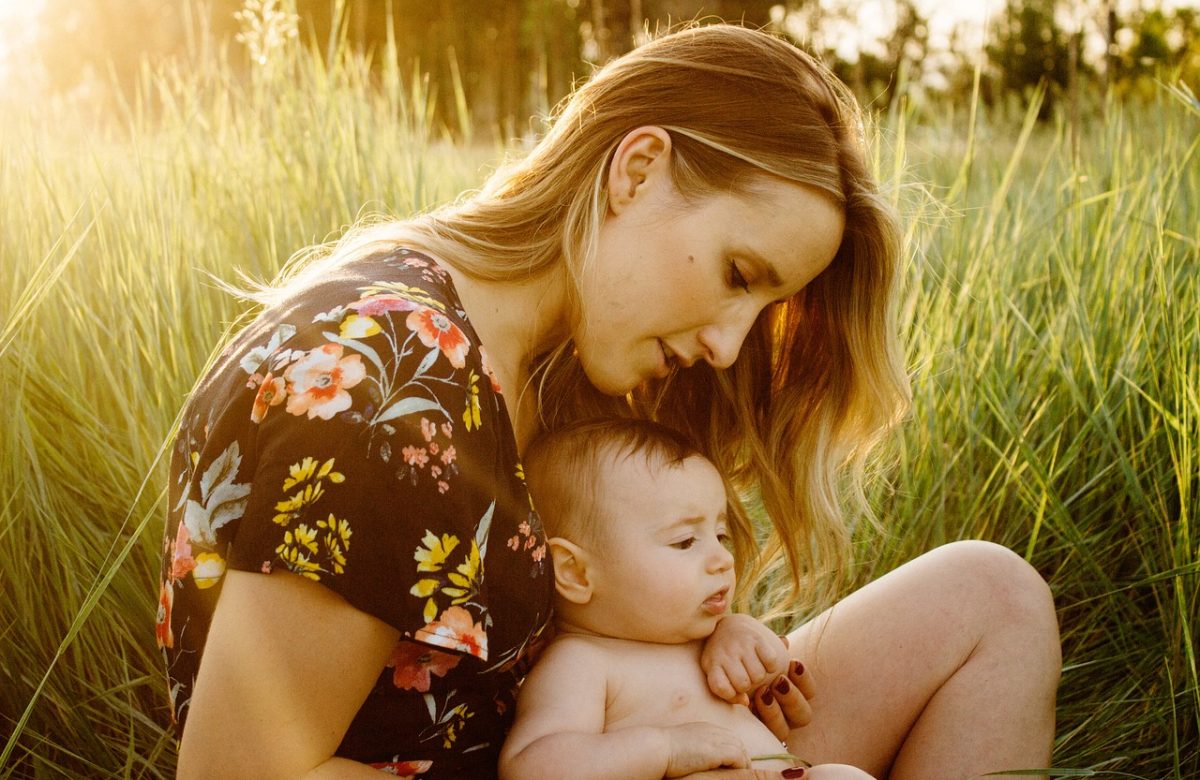
Many of us, parents, think that it is okay to argue or fight in front of our children, especially when they are still young. We believe that they do not understand what we talk about, but we are wrong. Notice how smart infants and toddlers are. They are similar to a sponge that absorbs everything around them. They can quickly tell what the emotions are related to the tone of our voice or our facial expressions.
According to John Gottman, PhD, “When parents are fighting, it’s physiologically traumatic for kids.” He added, “Parents fighting really results in them having a lot of anxiety. Countless clients of mine have memories of parents fighting. It really is an early trauma. Children have this magical way of thinking where they take responsibility for things. It’s crazy, but if the parents are fighting, they think it’s really their fault.”
Parents should realize that fighting or arguing in front of the kids have a lot of adverse effects. They may be young and innocent, but their behavior is mostly dependent on how adults act around them.
5 Adverse Effects Of Fighting Or Arguing In Front Of The Kids:
- Insecurity
Our home is our comfort zone. It is a place where we feel at peace and safe. This feeling is much more for the kids as they most likely don’t know many places. Home is where they know love and care from their parents, and they look forward to nothing but happiness.
When father and mother fight in front of the kids, they will get a feeling of insecurity because fighting exposes them to trouble. They become acquainted with disturbance and disorder.
- Confusion

Kids should not be troubled with adult affairs, but when parents fight in front of them, they tend to overthink or weigh the situation. Why are they fighting? Whose fault could it be? They ask these questions and eventually think that they need to choose sides.
This kind of situation is difficult for kids. They love both their parents, and it is not okay to think less of the other and have to love one more than another.
- Stress
Kids should be playing, having fun, laughing, or simply be kids. When father and mother often fight in front of them, they tend to lose their sense of innocence and optimism. They are pressured to understand a situation that is beyond their fragile mind.
For children, life is simple. When you love someone, you don’t hurt, make them mad or cry. So when parents fight, this context becomes complicated.
- Guilt
There are times when kids are pushed to take sides. Even though they do not understand the situation, they would probably give in and take the side of whoever comes up to them and talk about the conflict. They then afterward would feel guilty about having had to take sides.
However, never should a child be forced or persuaded to choose sides. They should not be bothered with any misunderstanding or conflicts that the parents may have.
- Mental Health Issue

When kids continually witness a fight between their parents, especially when there is violence involved, they are prone to mental health issues like anxiety and depression. Their development is different compared to those who live in a harmonious home.
According to Alice Schermerhorn, PhD, “Compared with abuse and neglect, inter-parental conflict is a less severe, less traumatic experience, but it is also more prevalent, and therefore has implications for a larger portion of the population.”
Kids who witness constant fights may show aggression and bad behavior. They lose the significance of love, peace, and harmony, and they tend to show less concern to others.
Parents get too comfortable at home and the kids. Sometimes, they think that the children are their possession, and they have every right to act the way they want anyhow. But as much as parents have the power over their children, they have an absolute duty to make sure that children grow up to be the best that they can be. So fighting in front of the kids is a blatant display of irresponsibility.
Laura Markham, PhD, wrote that, “children benefit from seeing healthy disagreements. Even when tempers get a little hot, if you can resolve things quickly and your children see you repair and reconnect, you’re modeling the resilience of relationships. So by all means, go ahead and work through differences that come up with your partner in front of your kids. But remember that as soon as your disagreement disintegrates into disrespect or yelling, you’re way out of the healthy zone.”
